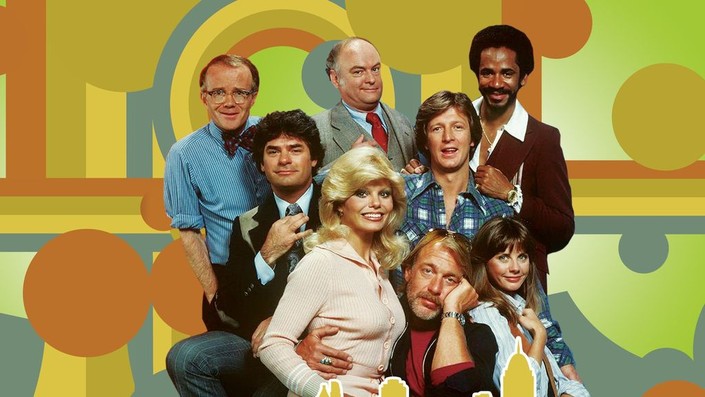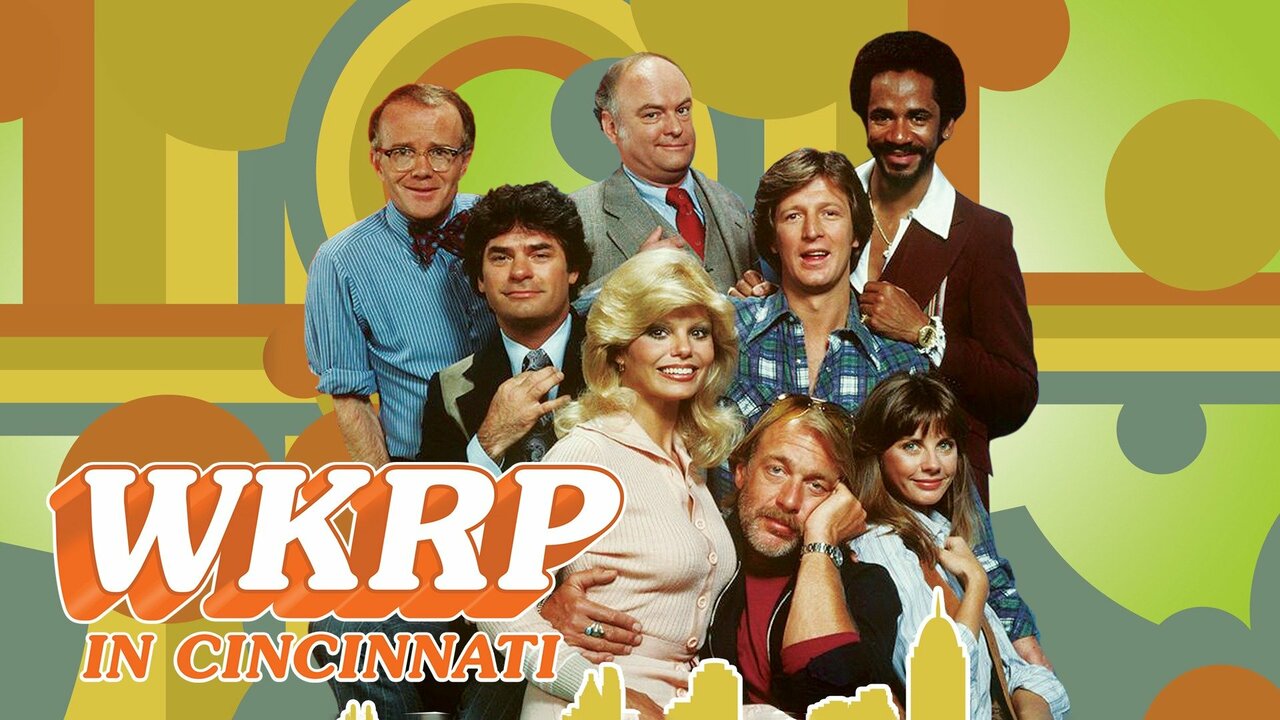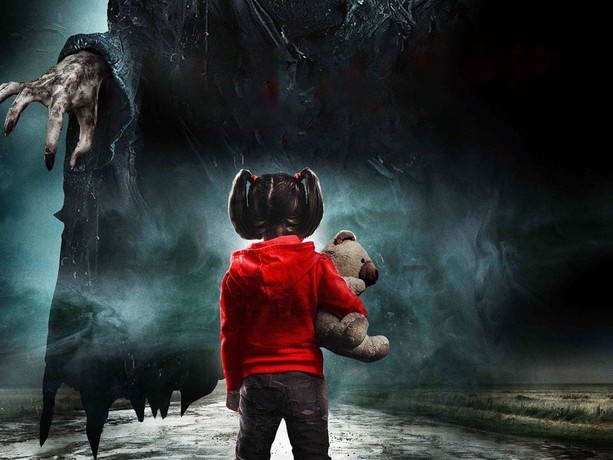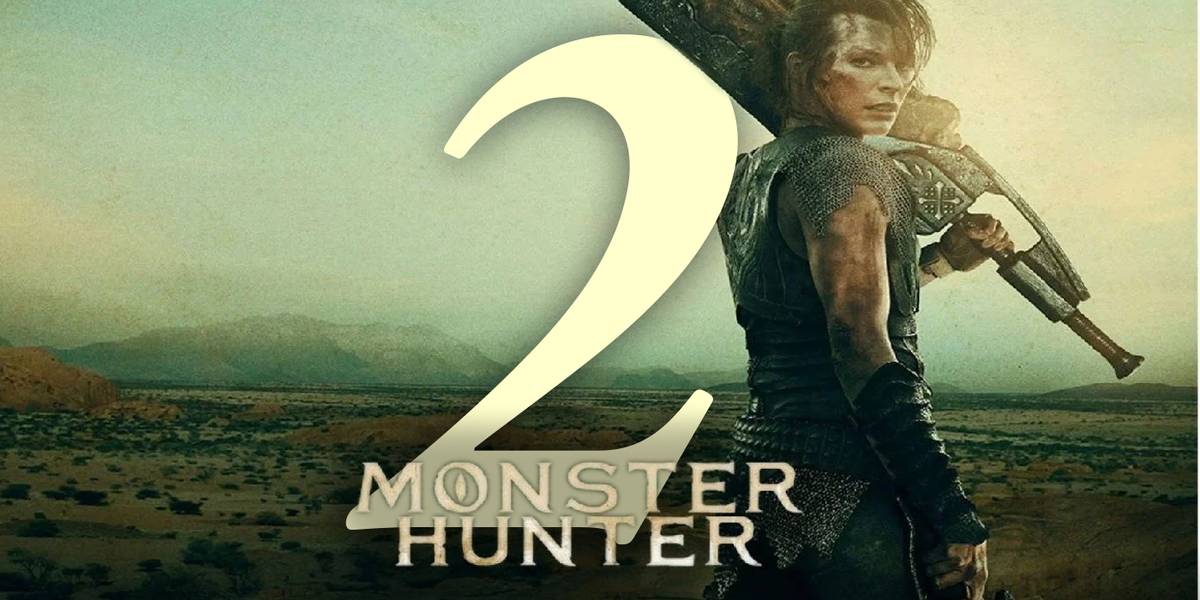“WKRP in Cincinnati”: A Classic Sitcom That Tuner Radio Comedy into Television Gold
“WKRP in Cincinnati” is a beloved American sitcom that originally aired from 1978 to 1982. Created by Hugh Wilson, the series is set in a struggling radio station in Cincinnati, Ohio, and follows the lives, antics, and aspirations of the quirky employees trying to revamp the station's image and ratings. With its blend of workplace humor, sharp writing, and memorable characters, WKRP in Cincinnati became a cult favorite and a standout of late-70s and early-80s television comedy.
The series begins with the arrival of Andy Travis (played by Gary Sandy), a young and ambitious program director hired to rescue the floundering station. WKRP has been playing easy-listening music to a dwindling audience, but Andy aims to shake things up by switching to rock ’n’ roll. This bold move causes waves throughout the station but also sparks a new sense of energy. Andy’s calm leadership and optimistic nature make him the glue that holds the eccentric staff together.

Among the most iconic characters is Dr. Johnny Fever (Howard Hesseman), a burned-out former top DJ who comes back to life when the station goes rock. With his laid-back attitude, dark sunglasses, and sardonic wit, Johnny became a fan favorite and a symbol of counterculture cool. Alongside him is Venus Flytrap (Tim Reid), the smooth, thoughtful evening DJ who brings depth and a subtle social awareness to the show, often confronting issues like race and identity with dignity and humor.
Another unforgettable figure is Herb Tarlek (Frank Bonner), the station’s tasteless and overconfident sales manager, known for his loud plaid suits and failed pitches. He’s often paired with Mr. Carlson (Gordon Jump), the station’s bumbling general manager whose heart is in the right place but whose management skills are questionable at best. Mr. Carlson’s infamous moment involving live turkeys in the episode “Turkeys Away” is one of the most iconic sitcom moments of all time.

Adding glamour and brains to the mix is Jennifer Marlowe (Loni Anderson), the smart, beautiful, and unflappable receptionist who knows far more than she lets on. Unlike the typical “dumb blonde” stereotype, Jennifer is poised, intelligent, and fully in control of her surroundings. Bailey Quarters (Jan Smithers), on the other hand, is the shy, capable assistant who gradually finds her voice and confidence over the series, often representing the everywoman in a male-dominated workplace.
What made WKRP in Cincinnati truly shine was its balance of comedy and realism. It explored topical issues like censorship, racial tension, and gender roles, all while delivering sharp dialogue and character-driven humor. The music, often featuring real rock songs, added authenticity but later complicated syndication due to licensing rights.

Although it never topped ratings charts during its original run, WKRP found enduring popularity in reruns, earning an Emmy nomination and a dedicated fanbase. Its legacy is not just in the laughs, but in how it captured a transitional era in American pop culture, radio, and workplace dynamics. Today, it stands as a timeless reminder of how a small, dysfunctional team can still create something extraordinary — with the right mix of chaos, comedy, and heart.


